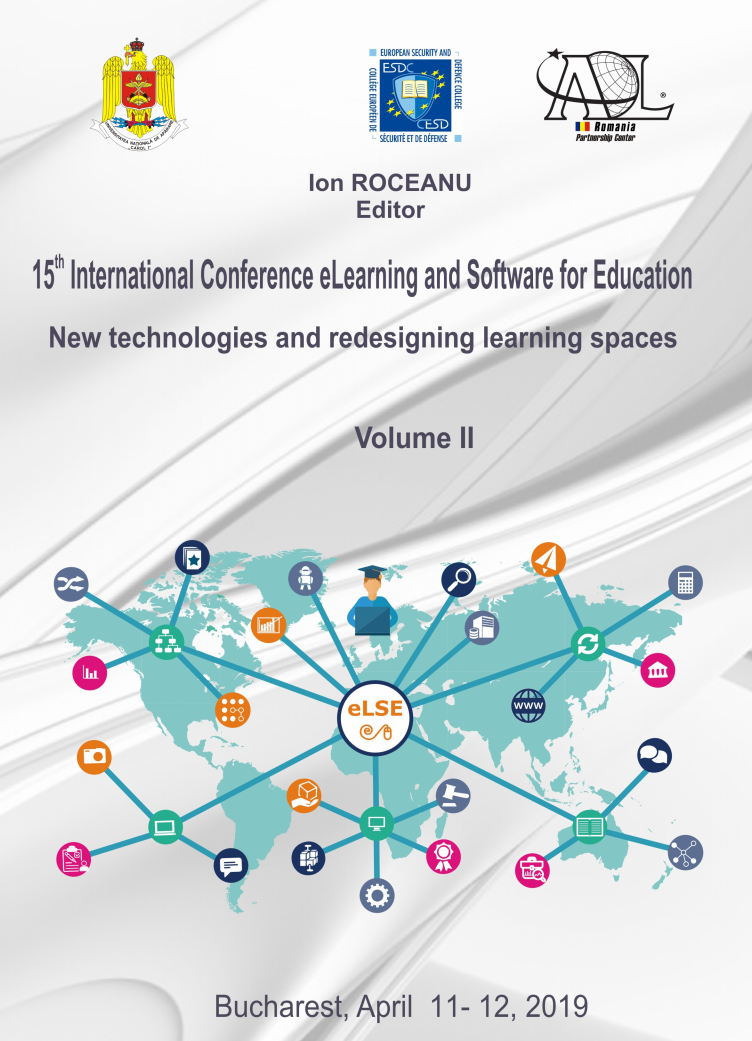The Impact of Digital Technologies on Learning
The Impact of Digital Technologies on Learning
Author(s): Monica Condruz-BacescuSubject(s): Social Sciences, Education, Higher Education
Published by: Carol I National Defence University Publishing House
Keywords: digital technologies; learning; education; communication; distance learning; competencies.
Summary/Abstract: The paper focuses on the impact of digital technologies on learning. Internet-based and new media education builds an educational model tailored to the needs of younger generations and offers an alternative to traditional education. The interest of analysis developed in this study is directed to understanding the existing relationships between the traditional education system and the modern one. The in-depth analysis of the new media issues used in the field of education leads us to the conclusion that the online user has a wider range of possibilities when accessing such systems. Compared to the traditional education system, the new media have two fundamental characteristics. First of all, interactivity. The user simultaneously accesses multiple online components, which gives different opportunities in this environment. Second, the concept of ubiquity. All the more, the impact of digital technologies on younger generations, using them from their young childhood, seems to be profound, with major reverberations about how they learn. Research data support, at least partially at this time, these premises. There is research that demonstrates without a doubt the positive impact of digital technologies on cognitive development, the formation of decision-making abilities, the diminishing of cognitive degenerative processes at the old age, but also the augmentation of fine motor skills. There are also many studies whose results are known in the public domain and are aimed at negative effects, starting with the risks of small children's exposure to digital technologies, which can lead to major attention deficits around the age of 7-8 years, and may continue to show the adverse effects of certain types of content conveyed in this environment, impacting, for example, the aggressiveness or perverse effects of social media on personal identity and self-esteem. The paper also presents the first software e-learning Romanian platform - Wand.education. Wand.education is a state-of-the-art software that provides educators with an intuitive platform for creating interactive educational content in a simple and fast way. The platform is intended for both teachers, pupils and parents who can create and access interactive educational content. In conclusion, digital society networks, the internet and new media are the most important challenge of the moment in the educational process, the generated impact becomes a peak of the progress made in all spheres of social life. Contemporary systems develop the task of continuous human training. The development of specialized competencies is a current issue, the educational curriculum directs the training and education process to achieve a quality training, suitable for an informational society.
Journal: Conference proceedings of »eLearning and Software for Education« (eLSE)
- Issue Year: 15/2019
- Issue No: 02
- Page Range: 57-63
- Page Count: 7
- Language: English

